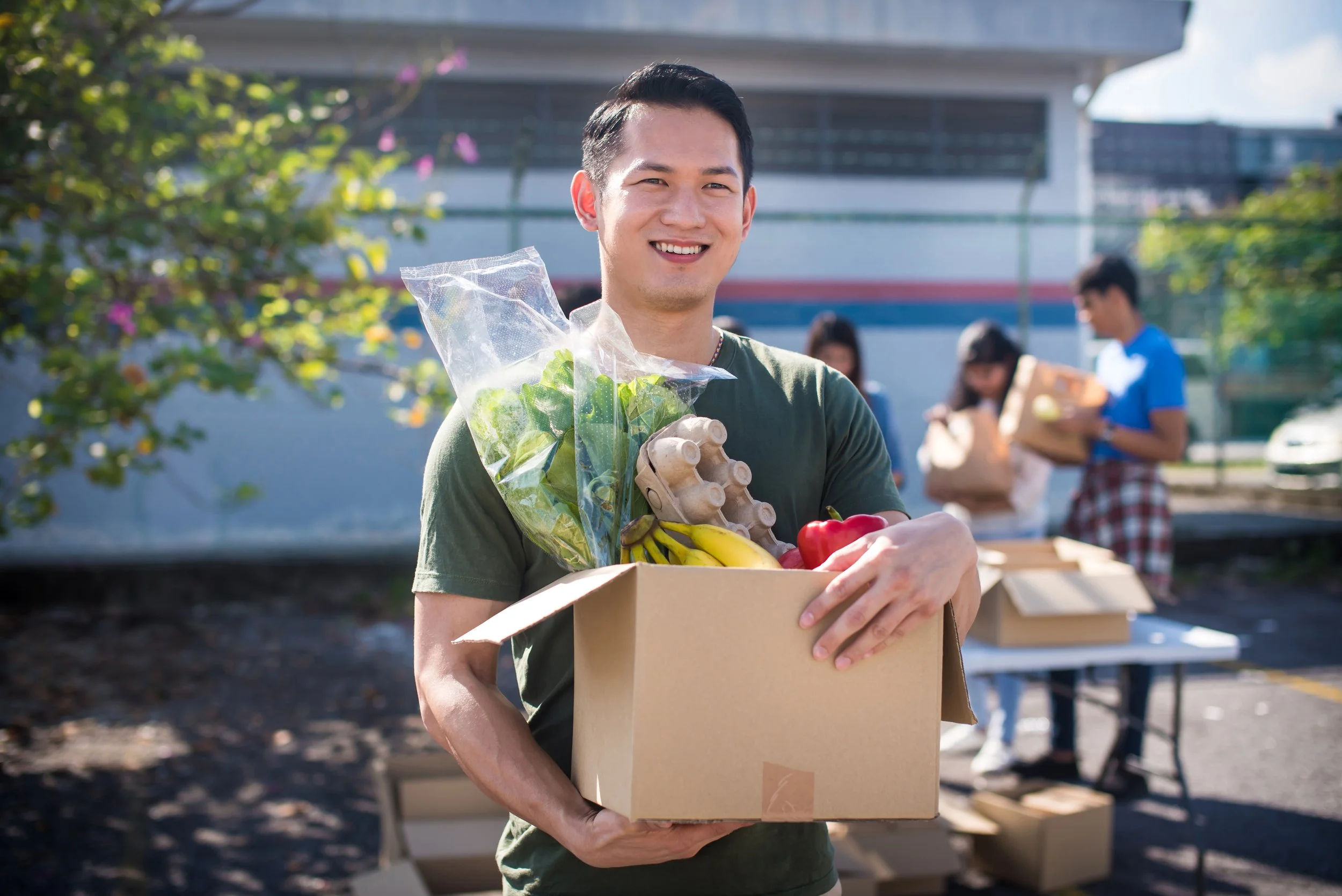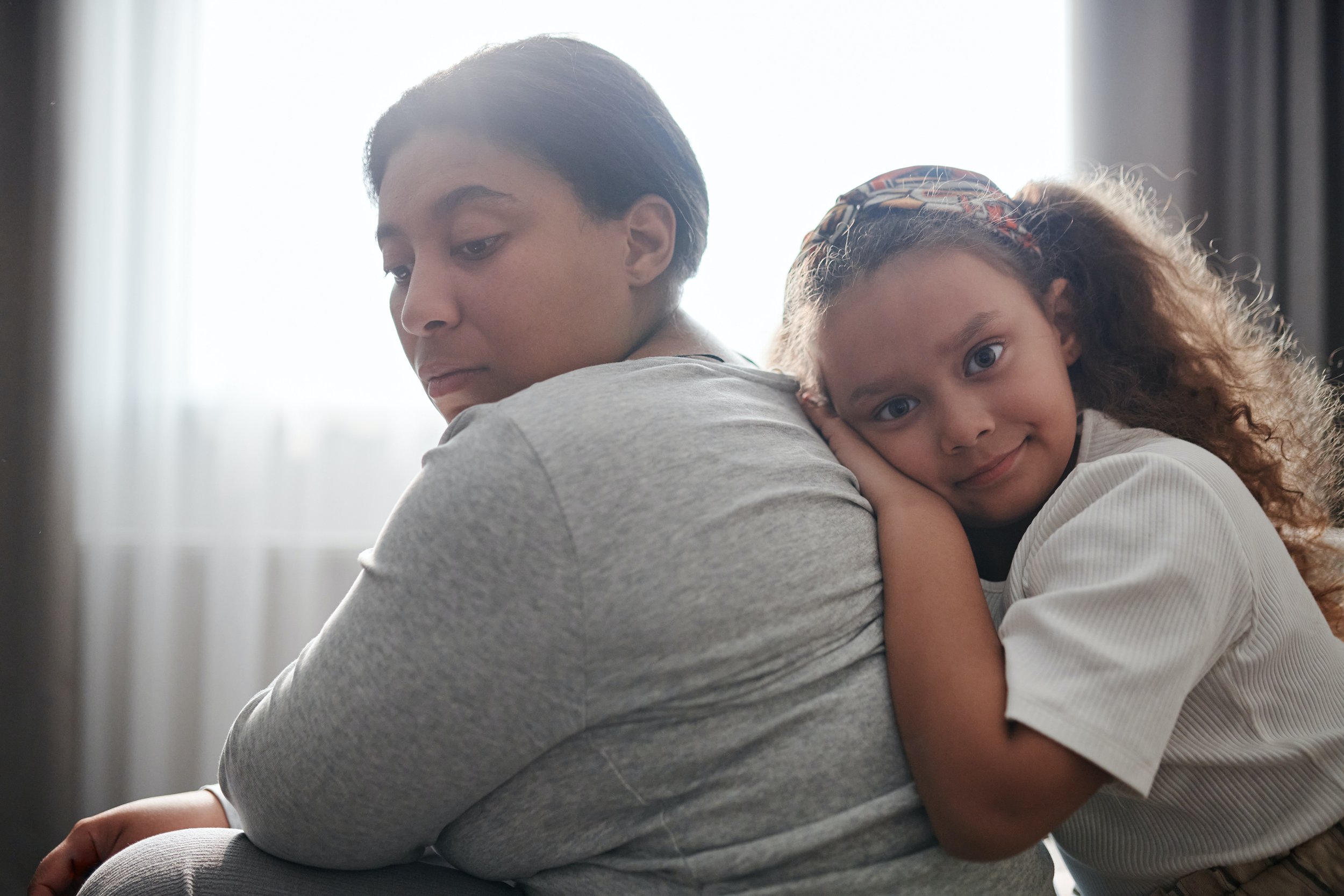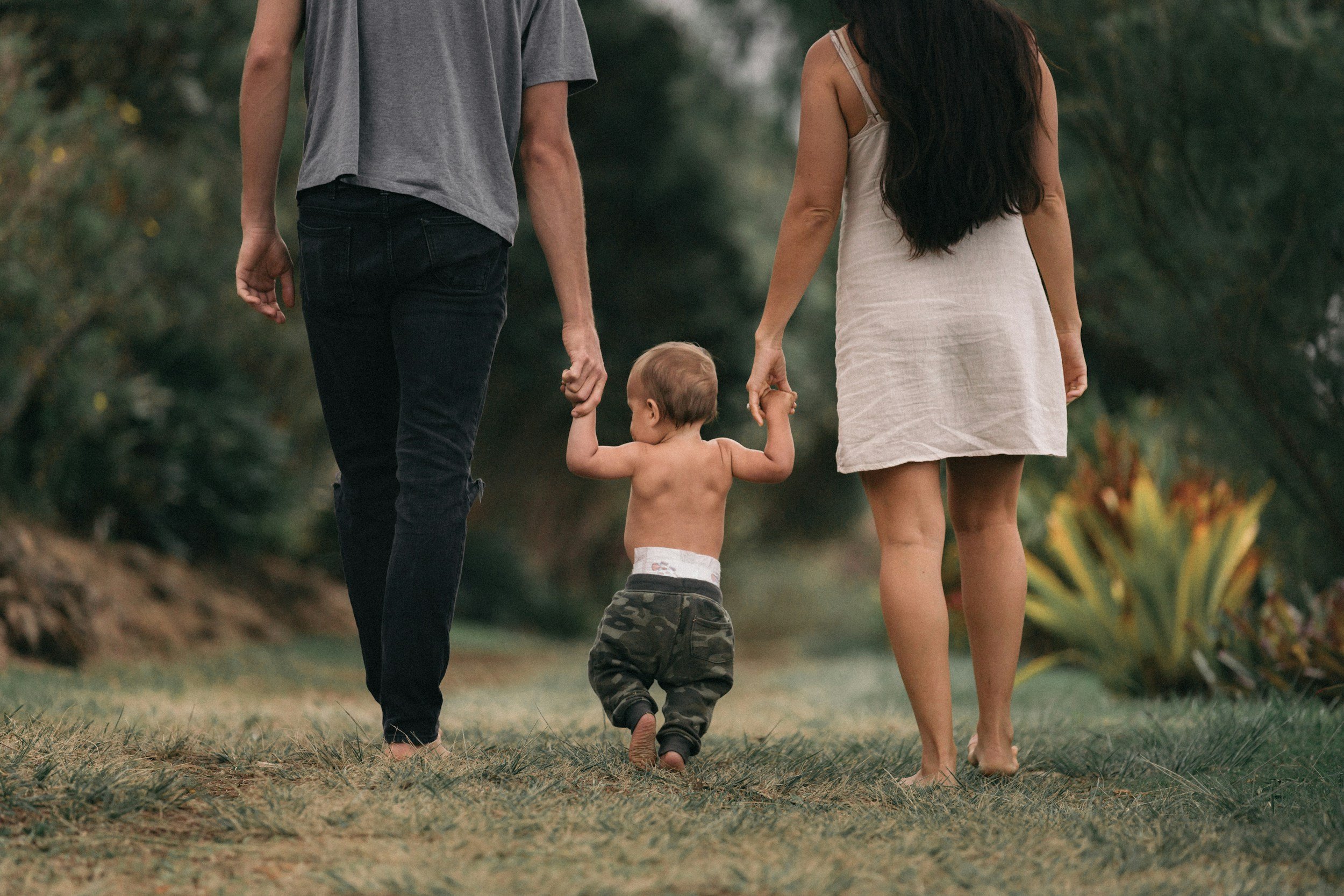
Taking policy local: how to shape county action on food security
Counties may not always be centered in the food security conversation, but they are some of Hawaiʻi’s most powerful leaders in combating hunger.

The chilling effect: How federal cuts and immigration crackdowns threaten food security in Hawaiʻi
The mega budget bill that Congress recently passed narrows who can access critical programs like SNAP and Medicaid, while fueling fear and confusion about who can safely apply for assistance in the wake of increased immigration enforcement.

How looming Federal cuts could impact housing in Hawaiʻi
If enacted, these cuts would gut rental assistance, eliminate key affordable housing development programs and slash funding for homelessness services.

Building a better path to success for Hawaiʻiʻs Keiki
Hawaiʻi’s 2025 legislature boosts safe routes to school and student transportation.

Wins for food access and low-income families at the 2025 legislative session
While there’s still more work to be done, this year’s wins have laid the groundwork for a future in which food access is treated as a right, not a privilege.

Reimagining our streets for health, fun and community
HB1260 would support the creation of a Summer Street Pilot Program, designed to temporarily transform car-congested roadways into vibrant spaces for outdoor fun and social interaction.

As federal support fades, farm to families could fill the gap
Now, more than ever, investing in local food systems through programs like Farm to Families is a necessary strategy to build Hawaiʻi’s economic resilience and reduce food insecurity.

Reducing the burden of pedestrian fines and fees with Freedom to Walk legislation
At a societal level, we seek to shift public resources away from penalizing pedestrians and toward addressing the root causes of traffic violence.

Implement strong eviction record sealing processes to protect Hawaiʻi renters
A single eviction filing—even one that doesn't result in actual eviction—can negatively impact renters for years. It's time for lawmakers to take decisive action to protect vulnerable tenants.

Hawaiʻi should close tax loopholes for multinational corporations
Multinational corporations make huge profits from the business activity they conduct in Hawaiʻi, while dodging the taxes they should be paying to support our state.

Why is SNAP failing Hawaiʻi residents?
It’s time for the state to invest in a more resilient, independent social safety net system that can keep working families going regardless of chaos at the federal level.

Invest in Safe Routes to School to improve pedestrian safety in Hawaiʻi
Federal funding freezes, requirements from the Navahine lawsuit settlement, and worsening traffic and its associated negative impacts—why state lawmakers shouldn't wait to invest in Safe Routes to School.

Tax credits are more necessary than ever in 2025
Hawaiʻi’s families need urgent help to deal with the high cost of living. This is especially true for parents, who have to balance the cost of child care, rent, and food every month.

Hawaiʻi’s keiki are still waiting for universal free school meals. The time to act is now.
Research shows that consistent access to nutritious meals improves both academic performance and long-term health. Yet, in 2023, 6 percent of Hawaiʻi households with children had one or more children go a whole day without food.

What’s in store for 2025: Hawaiʻi Appleseed transportation equity projects on the horizon
In 2025, we’ll take a greater look at more equitable approaches to traffic enforcement, the impacts of parking mandates on affordable housing, and addressing the unique mobility challenges that women and their families face.

Universal Free School Meals ensures every keiki thrives
5 reasons to support Universal Free School Meals in Hawai‘i

Hawaiʻi’s serious mental health care needs take a top spot in Governor Green’s 2025 supplemental budget
In addition to funding Lahaina's recovery, the governor proposes increases to much-needed funding for the state's unmet mental health care needs.

Focusing in on people-first policy for the 2024 legislative session
Hawaiʻi Appleseed announces its legislative priorities for the 2024 session.

Hawaiʻi’s housing market is a nightmare for working families; it doesn’t have to be
For a majority of Hawaiʻi residents, the prospect of owning a home—or even finding an affordable place to rent—is increasingly out of reach.

Unsheltered can mean costly health problems; Hawaiʻi should invest in supportive housing
It may seem obvious, but getting people back into housing is essential to properly addressing their health needs.
